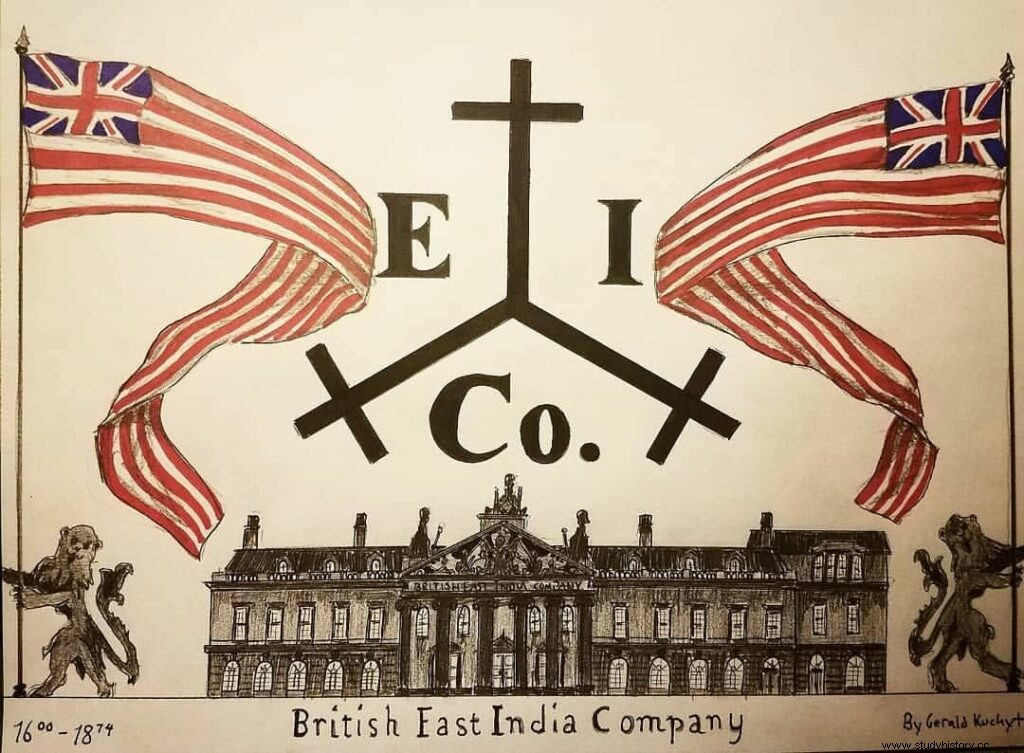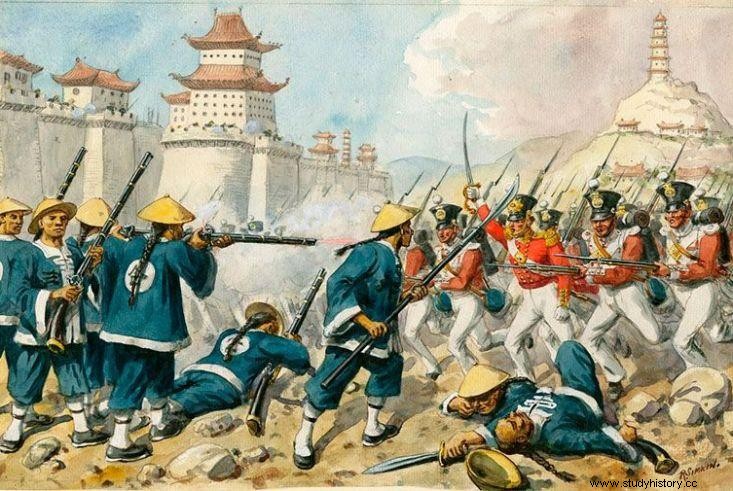Logically, the different religious currents have had a great influence on the future of the events of the peoples throughout history, and it would be foolish for me not to recognize that European societies were modeled by the predominant Church in each one. of them, whether Catholic or Protestant. Therefore, wherever these European societies arrived, via colonization, it is logical to think that this model was implanted. And on the other side of the pond, we Spaniards with our cross led all the expeditions in our evangelizing mission, among many other much more earthly and material missions. As the Uruguayan thinker Eduardo Galeano used to say…
They had the Bible and we had the land. And they told us:"Close your eyes and pray." And when we opened our eyes, they had the land and we had the Bible.
Ours, a traditional, conservative and eminently religious model of society. On the other hand, we have the models of Lutheran, Calvinist or Anglican society, where the suppression of the extensive clerical bureaucratic apparatus and the free interpretation of the Scriptures, allowed religious freedom, freedom of thought and criticism to be favored. This is irrefutable and undeniable. Well, religious freedom is still relative because, for example, the Pilgrim Fathers boarded the Mayflower and headed for America fleeing Anglican persecution, and the Calvinists burned Michael Servetus at the stake. But come on, that from there to attribute the prosperity of Holland or England (and the countries that emerged from their colonies) against Spain (and their respective territories) for being Protestant or Catholic, that is already pissing off the pot. His prosperity was based on the fact that his banner was money. They invented extreme capitalism, multinationals and put into practice pure and simple monopoly. The English evangelized in their own way...
We must preach the Gospel to the savages of India:in this way they will acquire the idea of modesty and to cover their flesh they will buy our cotton fabrics.
And for this, the British created the British East India Company (1600), and the Dutch the Dutch East India Company (1602), the first two large multinational corporations whose objective was to control trade with Asia. That was its founding reason, but the reality is that they were more than just large multinational companies, because, despite the fact that the capital, divided into shares, was made up of contributions from private investors, it was endowed with powers similar to those of a State, such as the power to declare war, mint money, organize colonies or sign treaties. And for this, they had their own army, which was made up of thousands of men and dozens of warships. And the British East India Company were the fucking masters.

Although we consider tea to be a very English product, the reality is that it was introduced to Europe from China by the Dutch. From there it would pass to the upper echelons of British society and, later, to the entire population. It became so popular that, as Tom Standage points out in The History of the World in Six Drinks …
Tea was the fuel of the workers in the first factories, places where both men and machines worked, each in its own way, driven by the force of steam.
Logically, the one in charge of the tea trade was the British East India Company, which came to generate more income than the State itself and to govern many more people. And yes, the star product was tea, until around 1770 things began to go wrong due to the success of smuggled tea that entered England and its colonies. Not having to pay tariffs, it was much cheaper and the Company asked the government for help. The smugglers were breaking the monopoly and throwing the beach bar to the ground. It did not take much pleading, since the tariffs paid by the tea accounted for 10% of government revenue. In 1773 the Tea Law was enacted that allowed the Company to take it directly to the Thirteen Colonies without going through England, which was equivalent to lowering the price and being able to compete with the contraband price, since it only had to pay the sales tax at destination but not the import tax at the metropolis, which was older. But no, the American settlers said that they were not for the work, they wanted free trade and to buy tea, or whatever it was, from whoever they wanted and not have to do it, yes or yes, from the Company. Everything exploded in the air in December of that same year, when a group of settlers, disguised as Indians, threw the cargo of tea from three British ships into the sea. The so-called "tea party" was the seed of the revolution that led to the independence of the Thirteen Colonies.

But look how smart the fuckers were, because they were smart enough to say enough. Such a profitable business had a but, also very important, and it was the absolute dependence on a single supplier, in this case China, which, moreover, had to be paid in hard cash. The Chinese did not accept balancing trade balances with trinkets. Locating the problem, they tried to solve it. Because of the sole supplier issue, although it took them several years and it was long-term, they managed to produce it in India, which, curiously, was controlled by them. Today, the world's largest producer of tea is India. And because of the issue of paying in cash, the Company began to introduce opium from India into China. First, something retail, like the camel that sells on the corner, and, later, the Pablo Escobar or El Chapo version. Logically, with the approval of the British government. It should be noted that, due to addiction problems, opium was prohibited in China. And the truth is, the business was brilliant:the opium was produced in India and, in order not to involve the Company in these shady deals, it arrived in China through local intermediaries and smugglers; placed in the Chinese market, thanks to a perfectly orchestrated and well-oiled network of bribes, the money arrived in London and, from the metropolis, traveled back to China (we would now say laundered), to pay for the shipments of tea . It will be petty, but we must admit that the plan was brilliant.

By 1828, the value of China's opium imports was already higher than its tea exports. The Chinese government's efforts to eradicate opium use were hampered, time and again, by the corruption network that operated financed by the Company and by the blind eye of the British government. After years of hidden tug-of-war, when the British government saw that lucrative business in danger due to Chinese pressure, it took off its mask and in 1839 declared war on China in the so-called "opium war". Of course, he used the pretext of defending the right to free trade. They have always been great conjurers. At the first change, it was already seen that Chinese weapons were in their infancy against British power, and in just three years they finished the matter with huge benefits:they obtained Hong Kong (under British sovereignty until 1997), the payment of war reparations and the opening to free trade of all merchandise (including opium, which was legalized) in the most important ports of China. A real humiliation for the Asian giant. Another little detail, the British multinational financial services company HSBC (The Hong Kong and Shanghai Banking Corporation), the world's third largest bank by assets, was founded in 1865 in Hong Kong to manage the profits generated from the opium trade. There is na…
The independence of the United States and the exploitation of China were the legacy of the influence of tea and opium in British imperial politics. I would hardly add, alone or with milk?
